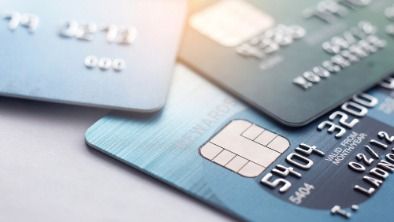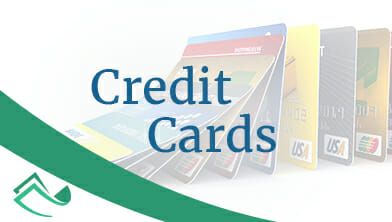This is a guest article by Jason Steele. Jason is an expert in travel and credit cards. He contributes several of the top personal finance sites on the Internet including the blog at Credit Card Forum. In this article, Jason shares what everyone should know before using a credit card outside the United States.
In the summer of 1987 I embarked on a teen tour by bicycle across the Canadian Rockies. My parents sent me on my way across the border with enough traveler’s checks to indulge my sweet tooth and bring back a few souvenirs. Oh how times have changed. While you can still purchase travelers checks, credit cards and debit cards are now far more popular for people traveling in foreign countries.
And although these modern methods of payment are undoubtedly more secure and convenient, they are not without their drawbacks. So before you break out your passport, take a moment to think about these important considerations:
Foreign transaction fees. These charges appear on most credit cards whenever a charge is processed outside of the United States. Sadly, this fee is poorly disclosed and provides no benefit to the cardholder. And while most banks will charge a 3% foreign transaction fee, there are an increasing number of card issuers that have dropped this unnecessary fee. For example, Capital One and Discover have none of these fees on any of their cards, while Chase has waived it on about a third of their products.
EMV smart chips. Visit a train station in a European city these days, and you are likely to find a bunch of American tourists trying to get their credit cards to work at the ticket kiosk. What they don’t know is that most unattended kiosks in Europe and some other parts of the world require an embedded smart chip. And until recently, no American card issuers included that feature.
But now, several banks such as Chase, Bank of America, and Citi are now issuing cards with this feature. Look for this chip in products that are aimed at international travelers such as the British Airways Visa Signature® Card from Chase and the Citi AAdvantage World Elite MasterCard. American Express has announced they will finally start issuing EMV equipped versions of select cards before the end of 2012.
Cash advance fees. While most credit card users are savvy enough to avoid cash withdrawals from their credit card at home, some end up reaching for their card when they need foreign currency from an ATM. Don’t be one of them. In addition to any foreign transaction fees, you will be hit with the very high APR assessed on cash advances and withdrawals. And unlike purchases, there is no grace period with a cash advance, so you will be on the hook for interest payments before you even get home.
ATM cards. Thankfully, ATM cards are incredibly useful in foreign countries. I have found that foreign banks are less likely to charge an ATM fee than banks at home, but you still may have to pay an ATM transaction fee to your bank. But at least the exchange rate offered at ATMs is usually very competitive, and many banks do not charge a foreign transaction fee for ATM use.
Security. I have never been mugged, but if I were to be, I would hand over my credit cards without hesitation. That is because I take a few simple precautions:
- I carry multiple cards with me on my trip, but I only keep one or two of them with me at any time. The others I keep in a secure location such as a hotel safe.
- I email myself a copy of each bank’s telephone number for receiving collect calls from overseas. In this way, my trip can go on without my lost or stolen cards. And even if I lose all of them, I know exactly who to call to report their loss and to order replacements.
Dynamic currency conversion. Some foreign merchants have a system where they can offer cardholders the option of paying their bill in their local currency. This is never a good idea, as you will always end up paying much more. This system will give you a receipt in dollars, and they may even claim there are no fees, but the exchange rate you will receive is abysmal, and the merchant will get a cut of the enormous profits. Always decline these offers and never sign a bill that is shown in dollars instead of the home currency of the merchant.
Using your credit card in foreign countries is simple and easy, but it is not without a few manageable risks. By taking the time to learn about these potential pitfalls, you can enjoy your vacation without worrying about unnecessary charges to your card.
Photo: josef.stuefer
,















